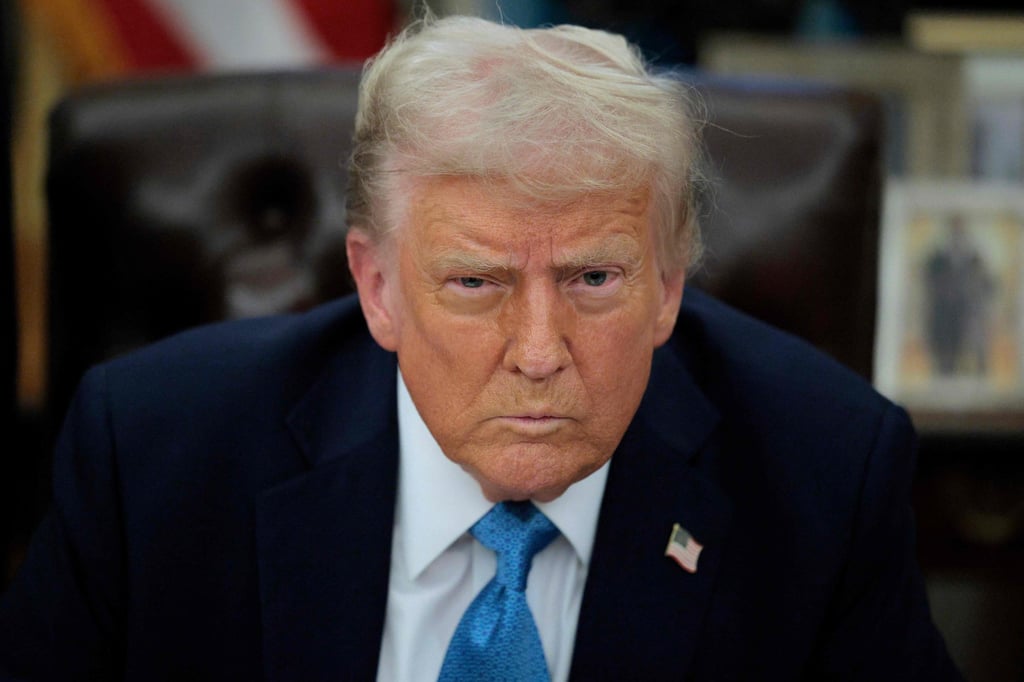Dollar strength more worrying to Asian markets than Trump’s China tariffs: Hang Seng Bank
Prospects for Asian equities remain positive due to China’s stimulus measures and strong Asean trade links, Hang Seng Bank official says

The impact on Asian stocks from tariffs imposed on China by US President Donald Trump will be much more limited compared with a stronger dollar due to the uncertainty over the Federal Reserve’s rate cuts, according to Hang Seng Bank.
“The actual impact of Trump’s tariffs on the Chinese economy is limited,” Belle Liang, the head of investment advisory, said on Monday following the bank’s decision to maintain its prime rate. “We believe mid to long-term prospects for Asian equities remain positive due to China’s economic stimulus measures and tighter trade links with Asean [the Association of Southeast Asian Nations].”
A stronger US dollar would be unfavourable for capital flows in the short term, she added, especially for those markets with relatively high price-to-earnings ratios.
“Investment risks this year centre on the impact of Trump’s policies rather than Fed rate decisions,” Liang said.

On Monday, major banks in Hong Kong said they would keep their prime rates – those offered by banks to their best customers – unchanged. The move came after the Hong Kong Monetary Authority’s decision on January 30 to keep its key interest rate unchanged, in lockstep with the Fed.
HSBC said in a statement that it would keep its best lending rate unchanged at 5.25 per cent. Hong Kong’s biggest lender last cut its prime rate by 12.5 basis points on December 20, following the Fed’s decision to cut its rate by a quarter point.